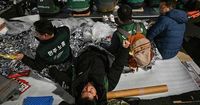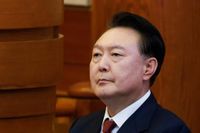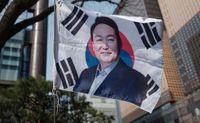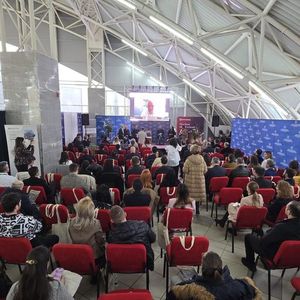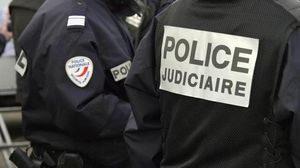Seoul, South Korea - As the nation braces for a pivotal decision regarding President Yoon Suk-yeol's impeachment, extensive security measures are being implemented in the capital. Yoon's legal team has stated that the president will not attend the ruling on April 4, 2025, due to safety concerns and the need to maintain public order. Instead, he is expected to follow the verdict from his residence in Seoul.
On April 3, police announced that over 14,000 riot officers would be deployed, marking a significant effort to prevent potential unrest. The area surrounding the Constitutional Court has been closed off to the public, with police buses blocking access within a 150-meter radius. This precaution comes in light of anticipated demonstrations from both supporters and opponents of Yoon’s possible impeachment.
The South Korean parliament voted to remove Yoon from office in December 2024, shortly after he declared a military state of emergency, a move that shocked the nation. His accusers have accused him of leading a 'rebellion' against the parliament, claiming he attempted to incapacitate the legislative body as a tactic against opposition forces. The constitutional court is set to rule on whether the impeachment process adhered to legal protocols.
Police have heightened their state of readiness, with half of all available units on standby as they prepare for the verdict. The highest alert level, which allows for the deployment of all officers, will go into effect on April 4, the day of the court's decision. Authorities are particularly wary of the potential for extreme or violent protests following the verdict, recalling the unrest that occurred during the impeachment of former President Park Geun-hye in 2017, which resulted in the deaths of four individuals.
In January 2025, supporters of Yoon stormed a courthouse after a judge extended his pre-trial detention, and one fan even set himself on fire in a dramatic display of loyalty. These incidents have heightened concerns about the emotional state of Yoon's supporters, who are expected to rally in his defense.
In preparation for the possibility of unrest, schools and shops in the vicinity of the court will remain closed on April 4, along with major tourist attractions such as the Gyeongbok and Changdeok palaces. The Dutch Ministry of Foreign Affairs has also advised its citizens in South Korea to remain vigilant, urging them to avoid demonstrations and gatherings.
Yoon's legal team has emphasized that he maintains his innocence, arguing that he retracted his emergency declaration hours after it was made, following the parliament's unanimous rejection of the measure. However, critics point out that he had ordered military units to block access to the parliament, forcing lawmakers to confront armed troops in order to vote.
The political climate in South Korea remains tense, with deep divisions evident among the populace. As the court prepares to announce its decision, the nation is on edge, with many questioning the future of Yoon's presidency and the stability of the government. Demonstrations are expected to continue throughout the day, regardless of the court's ruling.
As the situation unfolds, both supporters and opponents of Yoon are preparing to take to the streets, demonstrating the intense emotions surrounding this critical moment in South Korea's political history. With the eyes of the nation on the Constitutional Court, the outcome of this impeachment ruling could have lasting implications for the country's governance and civil order.
